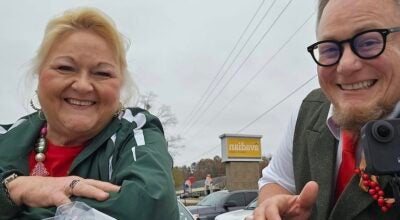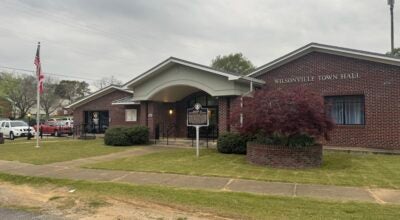Vandiver fire “dues” equals another tax
Published 1:16 pm Tuesday, March 2, 2010
Dear Editor,
This letter is a response to Jan Griffey’s article about the proposed fire district in Vandiver and Sterrett in the Feb. 17 paper.
The article states that less than 25 percent of the residents affected currently pay the “voluntary” dues but, to date, accounting data released by fire department officials fails to adequately substantiate that claim. The Chief also fails to note that, currently, any property owner who is behind in their ‘voluntary’ payments must make all back payments before the property in question can be sold, or that substantial state aid to volunteer fire departments will be lost if the new district is adopted. In other words, the operation of the fire department will be based solely on fire district tax revenues if the proposal passes.
With all due respect to Chief Brasher, the proposed fire district will levy a tax on affected residents. His preference for the term “dues” is understandable; politicians often reject simple, common sense language when it could harm their cause.
As for the “town council vote” to “cap” any increase at $250 per parcel per year, two points must be made. First, let the Chief cite any tax that has remained the same since it was created. Tax rates climb and while they climb, service tends to level off and then fall. That is an unpleasant but indisputable reality. Secondly, when did Vandiver get a town council and when did it start making policy for Sterrett?
When I look at the 30-plus years of fire department operation funded under the current system and note the evident success of the fire department in extending service to all effected areas under this system without a single, cited failure to do so, I am forced to congratulate the members, past and present, for a job well done.
I am also forced to question the true reason for this current proposal. I fear that this is but the first step in a process that will lead to full incorporation, and that will lead to the various and varied ills that I moved to this area to escape. If I wanted to live in a city, I wouldn’t have chosen to settle amid the rural charms of this area and ultimately, I fear that this is what the current fire district proposal truly jeopardizes.









